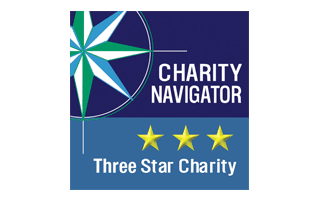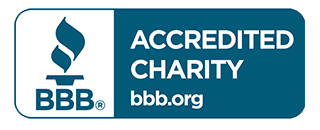Jessica Quinn looks for opportunities to help her community—and has found many. She serves on our Board of Directors, works in public health, runs a diaper bank and volunteers. Her passions shape her contributions, and her perspectives pepper her conversations. People who engage with Jessica are inspired and better informed.
Jessica’s knowledge stems from her academic and professional experiences, which have been focused on behavior modification principles and public health strategies. She knows quite well how critical moments in a person’s life can foster success. They most often occur throughout childhood and are reinforced with early intervention.
“A lot of behavioral psychology is understanding the motivation behind people’s actions,” says Jessica. “To solicit a change and understand why it’s happening requires identifying social factors that cause risky behaviors or undermine healthy behaviors.” Insights like this one influence how Jessica participates on our Board. With other members, Jessica ensures our efforts align with our goals and our investments concentrate on upstream approaches.
“Public health programs and many nonprofits have rightfully started paying more attention to young people,” she says. Jessica agrees with this shift because she wants to make sure children and their families have good supports, and her desire motivates her volunteer work, including with us. “As United Way implements a similar model, we’ll see similar results,” she says, referring to our Community Impact Agenda.
Jessica likens this early intervention to diaper banks. The comparison makes sense from a theoretical and practical application and relates to her volunteer work. She began and oversees a diaper bank, which has five drop-off locations in Anchorage.
“Services like diaper banks obviously help babies first because they’re clean and more comfortable,” Jessica says. “They help parents by reducing the financial stress that goes with the cost and improving their employability.” Parents must provide diapers for most child care programs if they want their service. If the family can’t afford diapers, they can’t receive child care, which means they can’t work. “The effect ripples outward.”
When babies aren’t fussy, they build better bonds. Their time in child care helps them to socialize and have positive experiences and enables their parents to build steady livelihoods. These aspects strengthen families emotionally, psychologically and financially as well as stabilize communities and local economies. Basically, diaper banks can result in lifelong success—just like other early interventions.
Since the diaper bank started, over 80,000 diapers have been dispersed. They’re all donated by community members. Jessica picks up, stores and delivers them to social service organizations that offer wrap-around services for families. Give diapers.
Whether parents receive diapers for their babies, students learn how to make healthy choices or we overcome tough challenges in our community, they all happen because of early intervention and often through community members’ donating, volunteering and advocating. By looking ahead and joining forces today, we can intervene meaningfully to lead to better outcomes tomorrow. How can you support our community with gifts, time and energy?






Leave a Reply